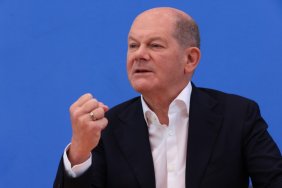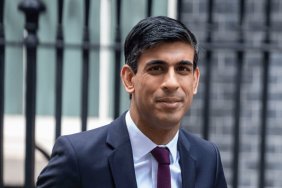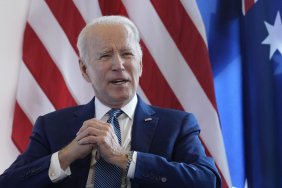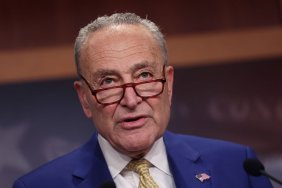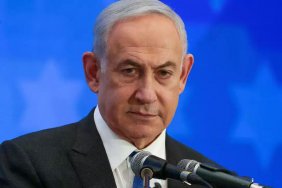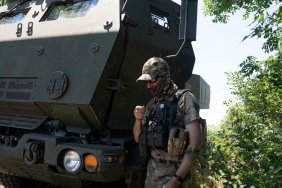On the night of Friday, January 12, the armed forces of the United States and the United Kingdom struck Houthi targets in Yemen. Statements on the matter were made simultaneously by US President Joe Biden and British Prime Minister Rishi Sunak.
The US Department of Defense emphasized that the targets of the US and partners' strikes in Yemen were drones, ballistic and cruise missiles, coastal radars, and Houthi air surveillance assets.
The strikes were carried out from fighter jets, ships and submarines, Reuters writes, citing sources. According to CNN, the United States used bombers and Tomahawk cruise missiles to carry out the strikes.
The British Ministry of Defense said that the airfield in Abbas, which was used by the Houthis to launch cruise missiles and drones over the Red Sea, was hit. In addition, several buildings in Bani used to launch reconnaissance drones were attacked.
Biden said the strikes were a direct response to "unprecedented" Houthi attacks on international maritime vessels in the Red Sea, which have threatened trade and freedom of navigation in the region. The attack, which he described as defensive, was carried out with the support of Australia, Bahrain, Canada and the Netherlands.
"These targeted strikes send a clear message that the United States and our partners will not tolerate attacks on our personnel and will not allow hostile actors to jeopardize freedom of navigation on one of the world's most important trade routes," Biden said in a statement released by the White House.
He promised that if necessary, he would "not hesitate" to take further action to protect his people and international trade.
Sunak also noted that from the UK's point of view, the strike on the Houthis was self-defense.
"In recent months, the Houthi militia has carried out a series of dangerous and destabilizing attacks on merchant shipping in the Red Sea, posing a threat to British and other international vessels," the British Prime Minister said.
He called on the Houthis to stop attacks on ships in the Red Sea and take steps to de-escalate.
According to CNN, which quoted an anonymous senior military official, the targets allegedly included:
- Ebbs Airport;
- Kahlan military base in Saada province;
- Hudaydah airport area on the Red Sea;
- Al-Daylami Air Base north of the Yemeni capital Sana'a;
- Taiz airport and other facilities in Taiz province in the southwestern corner of Yemen.
CNN journalists also published a list of alleged weapons used by the US and British military during the strikes. It includes:
- Tomahawk missiles;
- Guided-missile submarine USS Florida;
- US Navy guided-missile destroyers;
- Typhoon fighters from Britain.
The Houthis, for their part, said they had launched corresponding attacks on US and British warships in the Red Sea.
"Any American attack will not go unanswered. The response will be bigger than the attack that was carried out using 20 drones and several missiles," said Abdul-Malik al-Houthi, leader of the Iranian-backed group that controls northern and western Yemen.
Yemen's Deputy Foreign Minister Hussein al-Azi warned that London and Washington should be prepared to "pay a high price" for massive strikes on Yemen.
Also, according to the Houthis, the Red Sea and the Arabian Sea will remain closed to ships associated with Israel until "the war in Gaza ends."
Russia has convened a meeting of the UN Security Council to discuss the situation in Yemen.

